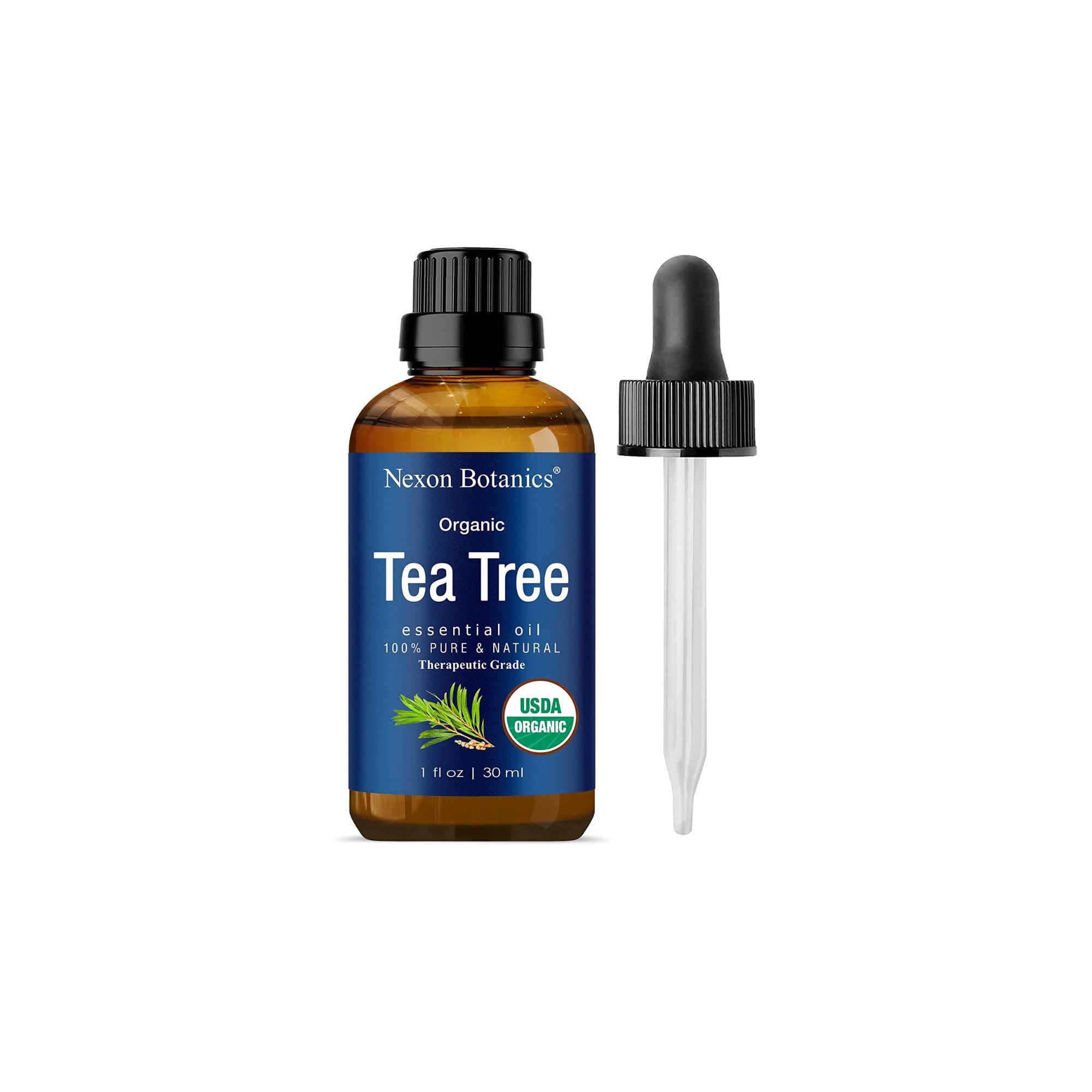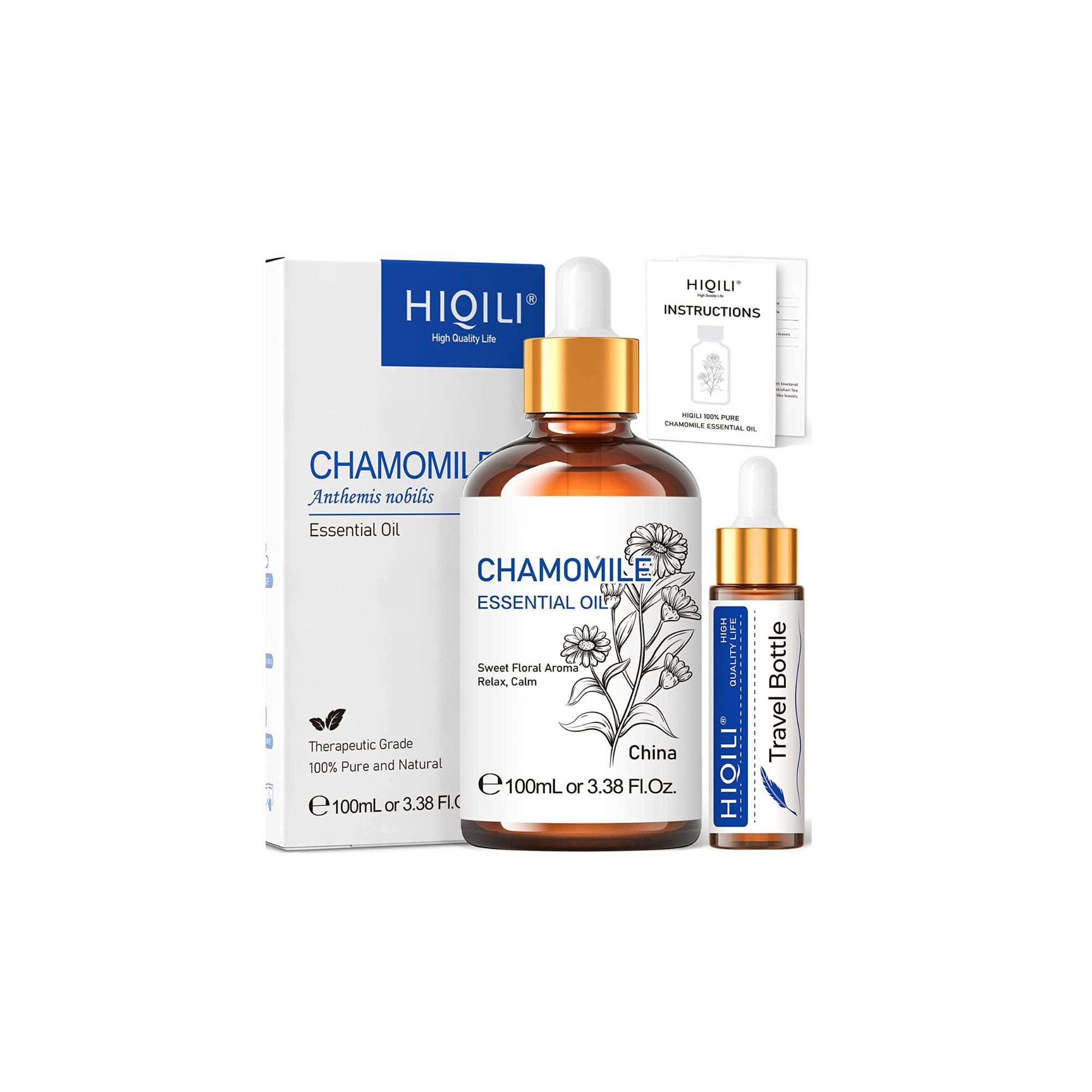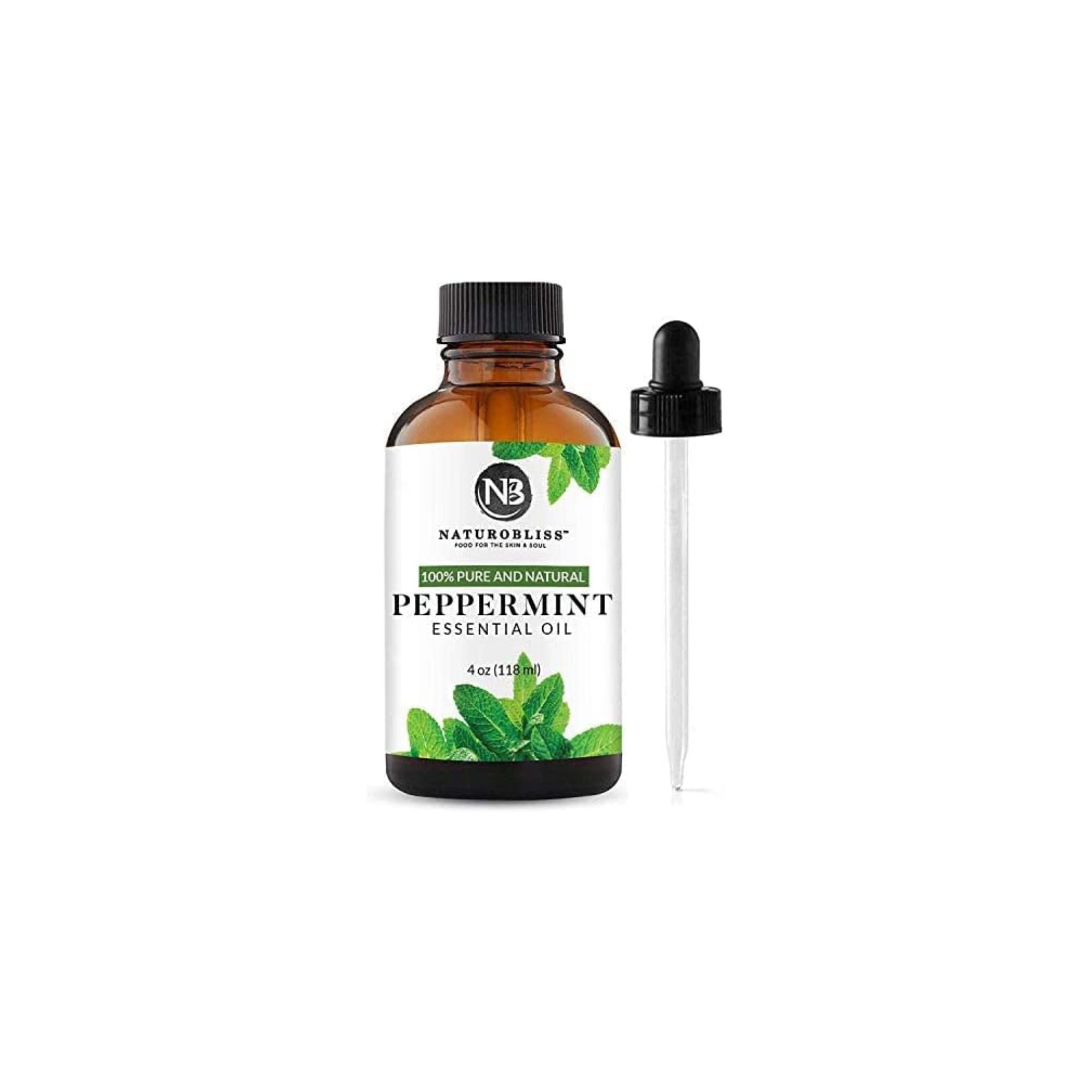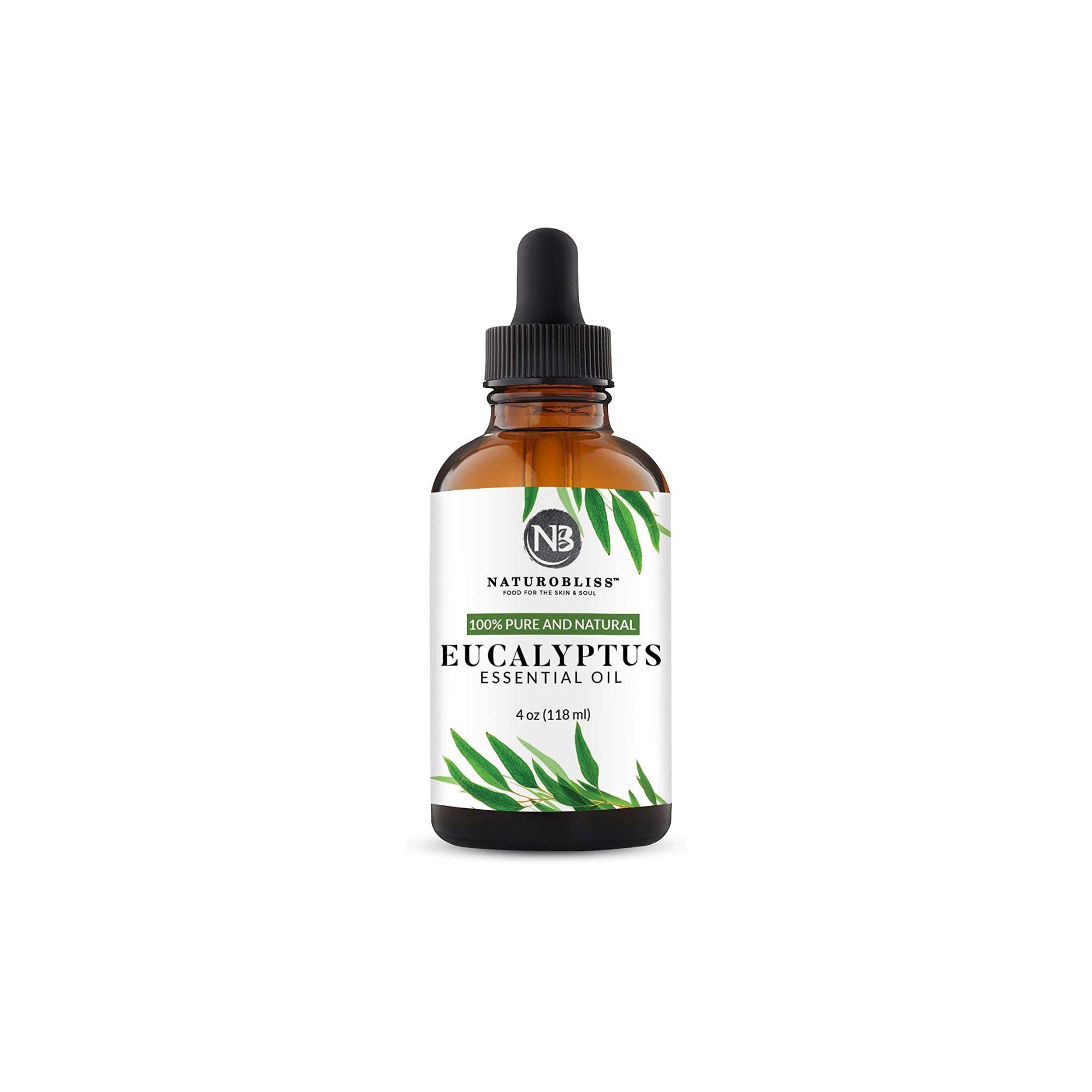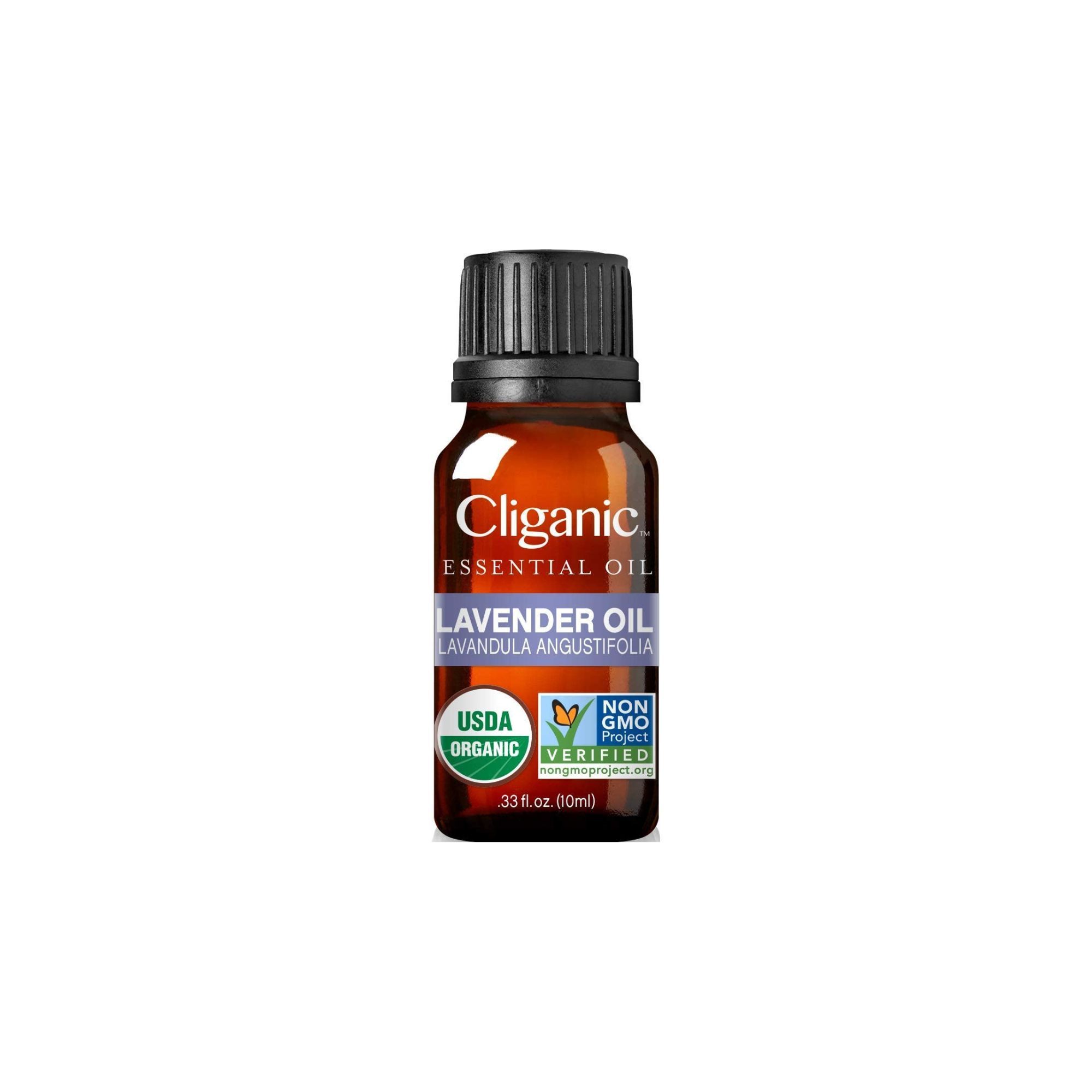Natural Essential Oils to Help Treat Eczema Symptoms
Essential oils soothe dry, itchy skin from eczema. It is formulated to reduce inflammation and restore protective barrier to your skin.

Essential oils have long been used for a variety of purposes, from aromatherapy to medicinal treatments. Recently, essential oils have been gaining a great deal of attention for their potential therapeutic benefits in treating skin conditions such as eczema. Essential oils are plant extracts that are usually obtained through distillation or cold pressing and are known for their powerful healing properties.
Dealing with eczema can be challenging, as it is a chronic condition. Its treatment may require some time to show improvement, making the management of eczema difficult and overwhelming at times.
Fortunately, essential oils have been shown to be effective in reducing itching, and discomfort associated with eczema, making them a popular choice for those looking for an all-natural remedy to treat their skin condition. When used appropriately, these plant extracts have the potential to soothe inflammatory skin conditions, like infections and atopic dermatitis.
Popular Essential Oils for Eczema
Here are 5 of the more popular essential oils for eczema symptoms.
Tea tree oil is commonly used in many cosmetics, cleaning, and other products for its antibacterial properties. Unfortunately, about 3% of individuals experience skin allergies to the active ingredient.
Eczema-prone skin can cause the skin's barrier to weaken, making it more vulnerable to allergies. Using ingredients like tea tree oil on such delicate skin should be done with caution, as the risk of potential side effects may increase.
Chamomile essential oil has traditionally been used in aromatherapy for relaxation as well as its anti-inflammatory properties that can help soothe skin inflammation in eczema. Certain studies have revealed its therapeutic properties and potential benefits in this regard. However, caution should be taken with chamomile oil as it has certain allergens that can lead to allergic contact dermatitis.
Peppermint essential oil can be a great remedy for eczema. It has anti-inflammatory and antibacterial properties which can soothe itchy, irritated skin. It is also a natural pain reliever which can reduce the itching and burning sensations associated with eczema.
In addition, peppermint essential oil has cooling properties which can reduce the inflammation and redness associated with eczema. It is best used in combination with other oils such as chamomile, lavender, and tea tree oil to maximize its healing benefits.
Eucalyptus essential oil can be an effective remedy to alleviate severe episodes of rashes or eczema flareups. It has anti-inflammatory, anti-microbial and anti-bacterial properties that can help soothe dry, itchy skin, reduce redness and irritation, and speed up healing. Additionally, it may help to reduce scaling, flaking, and other symptoms of eczema. When combined with a carrier oil like coconut oil or jojoba oil, eucalyptus essential oil can be applied directly to the skin or inhaled via a diffuser to help provide relief from eczema symptoms.
Lavender essential oil has been used in aromatherapy for a long time, and a great natural remedy for eczema. Its calming and soothing features soothe the skin and reduce inflammation, as well as providing antimicrobial and antiseptic properties. It helps to promote healing and can also reduce itchiness and redness caused by eczema. Lavender oil can also help to create a protective barrier against environmental triggers that may irritate the skin. When combined with a carrier oil, such as coconut or jojoba, lavender essential oil can be used as part of a regular skin care routine to help relieve the symptoms of eczema.
Suitable Carrier Oils
A great way to beneficially utilize essential oils is by diluting them with Carrier oils. This creates a much milder solution that can be applied directly to the skin safely. Additionally, combining both oils can provide effective treatment and have positive results.
Combining carrier oils with essential oils help increase their absorption into the skin preventing quick evaporation. It increases the effectiveness of essential oils by facilitating their delivery to the skin.
Coconut Oil
Studies indicate that virgin coconut oil is a more effective carrier oil for atopic dermatitis than mineral-based oils.
Sunflower Oil
Sunflower seed oil is a great ingredient to add to a skincare routine, thanks to its anti-inflammatory properties and Vitamin E. This oil can help ease itchy and inflamed skin, as well as keep the skin hydrated.
Jojoba Oil
Jojoba oil is a moisturizing solution made from the jojoba seed, found in arid regions of Mexico and the USA. The natural presence of vitamins E, C, and zinc promotes rapid skin healing and overall healthy skin.
How to Use Essential Oils to Treat Eczema
Applying essential oils for eczema is best done with a carrier oil, like coconut or olive, as they can be potent and can lead to rashes, stinging, and allergic responses. To maximize the effects of essential oil to treat eczema, mix a few drops with carrier oil before applying directly to the skin.
Transform your bath into a luxurious and therapeutic experience by adding some essential oils to warm water. It's important to keep the temperature warm to protect your skin from any irritation.
What are essential oils?
Essential oils are natural plant-derived compounds that have anti-inflammatory, antibacterial, and antifungal properties. They can be used to reduce inflammation and itching associated with eczema, as well as improve the skin's overall appearance.
Research has shown that certain essential oils can help to reduce the severe eczema symptoms and even prevent flare-ups from occurring. With the right combination of essential oils, it is possible to manage your eczema symptoms without having to rely on traditional treatments.
Which oils are good for eczema?
Virgin coconut oil is a popular remedy for eczema due to its pure processing. This helps maintain the quality of the oil, reducing the chances of irritation or further aggravate the skin. For those living with eczema, here are some of the best oil options that could provide relief for the treatment of eczema.
Coconut oil
Coconut oil is an effective skincare solution as it contains a high amount of good fats. These help repair the skin's protective barrier and protect against eczema. Its moisturizing properties make it great for dry and sensitive skin, providing deep hydration and smoothness without triggering any allergic reactions.
Safflower seed oil
Safflower seed oil contains fatty acids that have been shown to improve skin health. Linoleic acid is an essential element in the oil that aids in the restoration and repair of the skin barrier. Studies have shown that the oil has anti-inflammatory properties for the skin.
Frequently Asked Questions
Which natural oil is best for eczema?
Virgin sunflower seed oil can be beneficial for eczema-prone skin, as its anti-inflammatory properties can help soothe itchiness and inflammation. It also works to improve skin hydration, and preserving the integrity of the skin's natural barrier.
What is the best essential oil for eczema or psoriasis?
Patients of psoriasis receive therapeutic benefits from essential oils extracted from plants. These include tea tree oil, chamomile and bergamot oil and are often used in non-prescription commercial skin care products.
Can lavender help with eczema?
Lavender can be an effective remedy for symptoms of eczema and dry skin, due to its antifungal and anti-inflammatory properties. It can also help reduce psoriasis symptoms, by cleansing the skin and reducing redness and soothe irritated skin.
Does tea tree oil help eczema?
While there is no cure for eczema, the addition of tea tree oil to a comprehensive treatment plan with moisturizers and topical steroids can help reduce symptoms and provide relief. Tea tree oil has anti-inflammatory and anti-itching benefits that can offer relief from discomfort associated with eczema.
What is the best essential oil for itchy skin?
The lavender essential oil can be used to treat various fungal conditions such as jock itch, athlete's foot, and ringworm. Its soothing properties can also help reduce the itchiness of bug bites and moisturizes dry skin.
Should I put coconut oil on eczema?
Coconut oil has an antimicrobial properties make it capable of killing bacteria on the skin and its rich moisturizing properties help reduce inflammation and discomfort of eczema.
Does vitamin E oil help eczema?
A study of 70 people with eczema was recently conducted and found that taking 400 IU of vitamin E every day for four months yielded more effective results for itchiness, redness, inflammation, and skin damage compared to a placebo. The results suggest that vitamin E can alleviate symptoms associated with eczema.
What breaks eczema out?
Skin irritation can arise from synthetic chemical in soaps, detergents, shampoos and bubble baths. Furthermore, environmental allergens like cold dry weather, dampness, dust mites, pet dander, pollen or molds are known to have an effect as well.
Is cedarwood oil good for eczema?
Cedarwood essential oil is a great go-to for skincare - it has anti-inflammatory, antifungal and healing properties. It is beneficial for treating anything from acne to eczema, as well as wounds or abrasions since it has natural disinfecting qualities and aids in faster wound healing.


